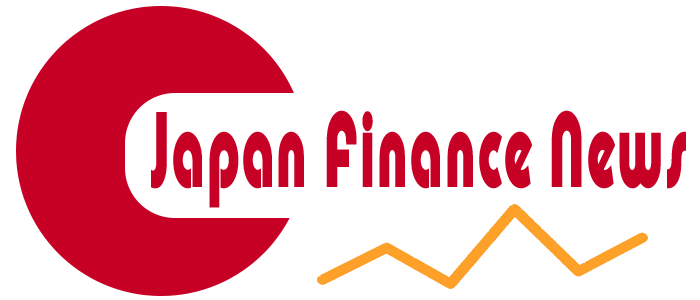South Korea Introduces New Crypto Lending Regulations: Interest Rate Caps and Ban on Leverage Loans


South Korea has taken a strong stance on regulating the cryptocurrency lending market by introducing new guidelines capping crypto lending interest rates at 20% and banning leveraged loans. These measures, announced by the Financial Services Commission (FSC) in September 2025, aim to enhance investor protection and promote market stability.
Under the new rules, cryptocurrency exchanges are prohibited from providing loans that exceed the value of the collateral a user posts. Leveraged lending, where borrowers could traditionally take out loans larger than their collateral—often driving risky speculation—is now strictly forbidden. The cap on annual interest rates for crypto lending has been set at 20%, significantly limiting the potential for excessive fees.
To ensure only established assets are eligible, lending services can only use the top 20 cryptocurrencies by market capitalization or assets listed on at least three recognized exchanges. Any cryptocurrency under trading warnings or suspected of abnormal trading activity is excluded from lending programs.
For user safety, first-time lending customers are now required to complete an online educational course and adaptability test. Lending amounts are also limited based on a customer’s trading experience, with caps ranging from 30 million to 70 million Korean won. Borrowers must be notified in advance if they face the risk of forced liquidation and given the option to add more collateral before it occurs.
Additionally, exchanges must use their own corporate assets for lending, effectively stopping third-party delegation or indirect lending practices. They are also required to disclose all lending and liquidation data, boosting transparency across the industry.
South Korea’s comprehensive approach is designed not only to curb over-leveraging and market manipulation, but also to align the nation’s crypto lending standards with global best practices, ultimately ensuring a safer environment for digital asset investors.

コメントを書く